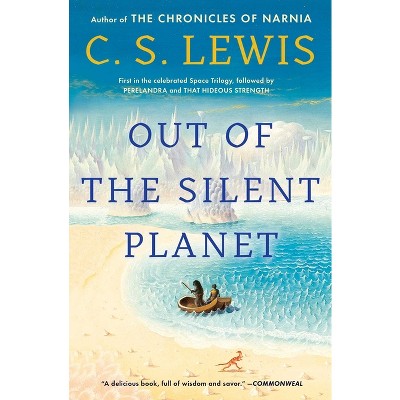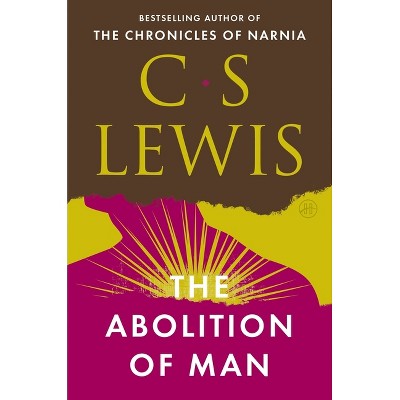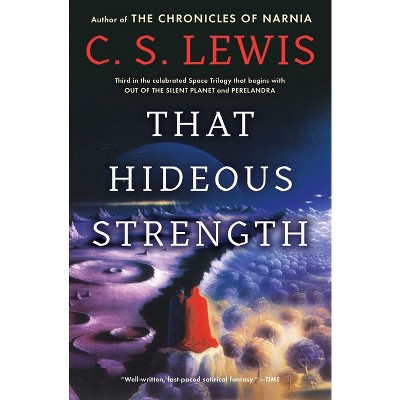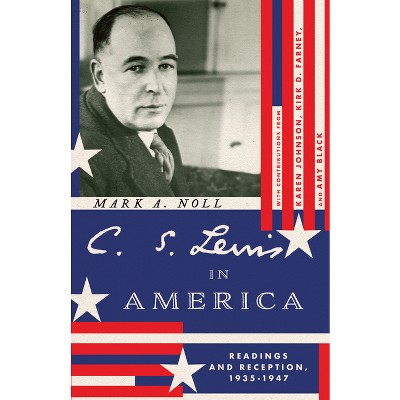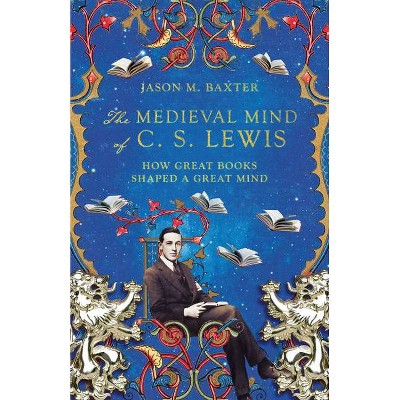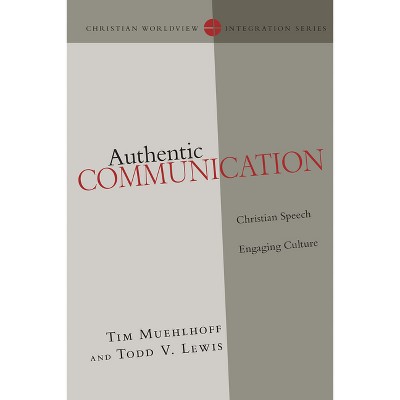About this item
Highlights
- Who ought to hold claim to the more dangerous idea--Charles Darwin or C. S. Lewis?
- About the Author: Reppert (Ph. D., University of Illinois) is adjunct professor of philosophy at Glendale Community College in Glendale, Arizona.
- 132 Pages
- Religion + Beliefs, Philosophy
Description
About the Book
Who ought to hold claim to the more dangerous idea--Charles Darwin or C. S. Lewis? Daniel Dennett argued for Darwin in Darwin's Dangerous Idea. Offering careful, able development of Lewis's thought, Victor Reppert now champions C. S. Lewis, demonstrating that Lewis's "argument from reason" can bear up under the weight of the most serious philosophical attacks.
Book Synopsis
Who ought to hold claim to the more dangerous idea--Charles Darwin or C. S. Lewis? Daniel Dennett argued for Darwin in Darwin's Dangerous Idea (Touchstone Books, 1996). In this book Victor Reppert champions C. S. Lewis.Darwinists attempt to use science to show that our world and its inhabitants can be fully explained as the product of a mindless, purposeless system of physics and chemistry. But Lewis claimed in his argument from reason that if such materialism or naturalism were true then scientific reasoning itself could not be trusted. Victor Reppert believes that Lewis's arguments have been too often dismissed. In C. S. Lewis's Dangerous Idea Reppert offers careful, able development of Lewis's thought and demonstrates that the basic thrust of Lewis's argument from reason can bear up under the weight of the most serious philosophical attacks. Charging dismissive critics, Christian and not, with ad hominem arguments, Reppert also revisits the debate and subsequent interaction between Lewis and the philosopher Elizabeth Anscombe. And addressing those who might be afflicted with philosophical snobbery, Reppert demonstrates that Lewis's powerful philosophical instincts perhaps ought to place him among those other thinkers who, by contemporary standards, were also amateurs: Socrates, Plato, Aristotle, Aquinas, Descartes, Spinoza, Locke and Hume. But even more than this, Reppert's work exemplifies the truth that the greatness of Lewis's mind is best measured, not by his ability to do our thinking for us, but by his capacity to provide sound direction for taking our own thought further up and further in.
Review Quotes
"According to the standard account, chapter three of C. S. Lewis's Miracles, his argument against naturalism, is a philosophical embarrassment, a beguiling house of cards that collapses at the merest breath of rigorous critique. Victor Reppert, in C. S. Lewis's Dangerous Idea, certainly proves thestandard account wrong. But he does more than that: he deepens and extends Lewis's argument against naturalism and makes an intellectually exciting and persuasive case of his own. Reppert's book is philosophical revisionism at its finest."
--Peter J. Kreeft and Ronald K. Tacelli, authors of Handbook of Christian ApologeticsReppert provides his readers a fresh, clear, and able exposition and defense of what he calls C. S. Lewis's dangerous idea: that a purely naturalistic account of the world cannot explain the reality of human rationality. A fine work. Well-written, the book glows with Reppert's engaging style and ability as an incisive thinker. This book represents a real advance in apologetics generally and Lewis scholarship specifically, and I highly recommend it to anyone interested in either.
--R. Keith Loftin, Christian Scholar's Review, Winter 2009About the Author
Reppert (Ph. D., University of Illinois) is adjunct professor of philosophy at Glendale Community College in Glendale, Arizona. He is active in several C. S. Lewis societies, and he has written articles on Lewis's apologetics for such journals as The Christian Scholar's Review, Philosophia Christi and the International Journal for Philosophy of Religion.Shipping details
Return details
Guests also viewed
